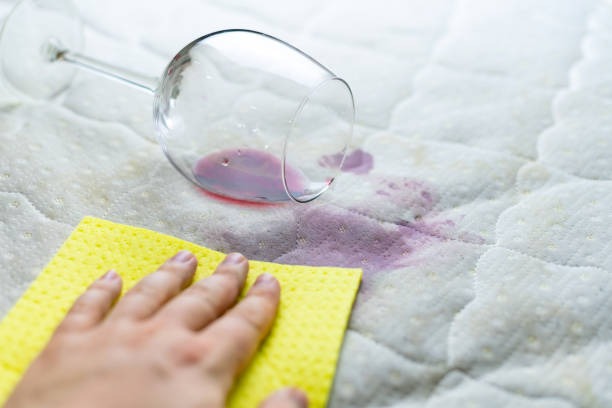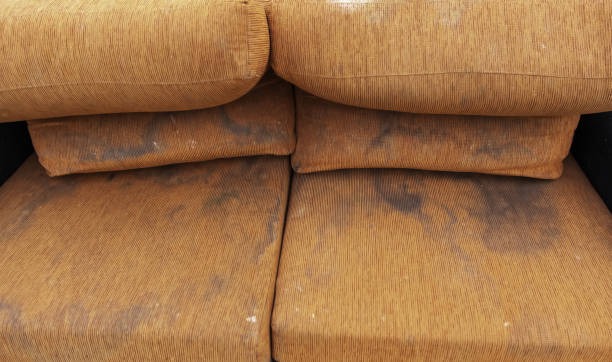Keeping your sofa clean and well-maintained is essential for both aesthetic and hygienic reasons. Understanding the factors that contribute to sofa dirtiness can help you take proactive measures to keep your furniture in top condition. In this article, we will explore the various reasons why sofas get dirty and provide insights into how to prevent and address these issues effectively.
I. Everyday Use and General Wear:

Sofas are subjected to regular use by family members and guests, leading to accumulated dirt and grime over time. The constant contact with skin, clothing, and hair transfers body oils, sweat, and dead skin cells onto the upholstery, making it susceptible to dirt buildup.
II. Food and Beverage Spills:

Accidental spills during meals or while enjoying beverages are common culprits behind sofa stains. Whether it’s a splash of coffee, a drop of sauce, or crumbs from snacks, these substances can leave visible marks and attract pests if not cleaned promptly.
III. Pet-related Factors:
Pets, such as dogs and cats, can contribute significantly to sofa dirtiness. Pet hair shedding, dander accumulation, and muddy paw prints from outdoor activities can soil the upholstery. Additionally, accidents like urination or vomiting may occur, leaving behind unpleasant odors and stains.
IV. Environmental Factors:
Sofas can become dirty due to environmental factors beyond our control. Airborne dust, pollen, and pollutants settle on furniture surfaces, leading to a layer of dirt. Open windows or doors allow dirt and debris to enter the living space, making the sofa more prone to getting dirty. Proximity to high-traffic areas or construction sites can also introduce additional dirt and grime.
V. Children and Playtime:

If you have children, you may notice that your sofa experiences extra wear and tear. Children’s activities can result in spills, smudges, and stains from food, beverages, or markers. Playful behaviors like jumping, climbing, and roughhousing can also contribute to dirtiness, as well as creative pursuits involving art supplies or messy materials.
VI. Lack of Regular Cleaning and Maintenance:
Neglecting routine cleaning and maintenance is another factor leading to a dirty sofa. Regular vacuuming and dusting help remove dirt and debris, while prompt attention to spills and stains prevents them from setting and becoming more challenging to remove. Insufficient protection measures, such as not using sofa covers, can also leave the upholstery vulnerable to dirt and stains.
VII. Environmental Factors:
Environmental conditions can play a role in sofa dirtiness. Humidity or moisture in the air can lead to the growth of mold and mildew, leaving stains and odors on the sofa. Exposure to direct sunlight can cause fading or discoloration over time. Poor ventilation may exacerbate these issues, making it more challenging to keep the sofa clean and fresh.
Conclusion
Understanding the reasons behind sofa dirtiness is crucial for maintaining the cleanliness and longevity of your furniture. Everyday use, food and beverage spills, pet-related factors, environmental conditions, children’s activities, and a lack of regular cleaning and maintenance all contribute to sofa dirtiness. By implementing preventive measures such as using sofa covers, cleaning up spills promptly, and performing regular cleaning and maintenance, you can keep your sofa looking fresh and inviting for years to come. Remember, a clean sofa not only enhances the aesthetics of your living space but also promotes a healthier and more enjoyable environment for you and your family.

